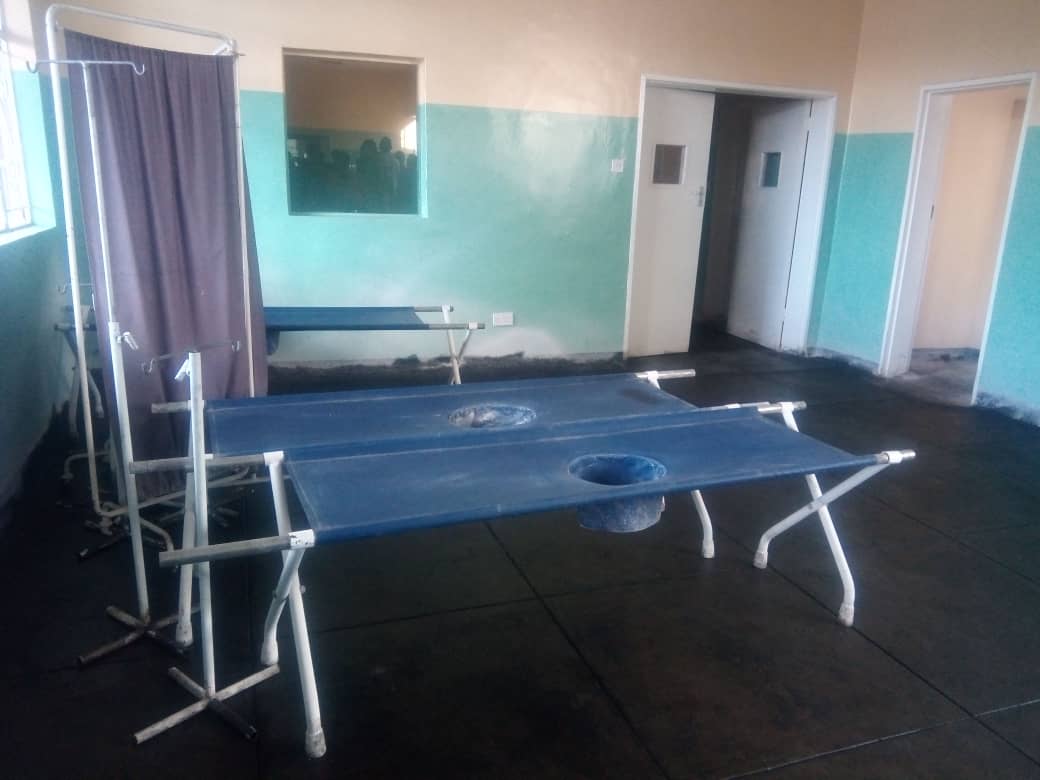Opposition legislator for Hwange Central, Daniel Molokele, has urged the government to channel sufficient funds into the health care sector in order to enhance service delivery at health institutions.
Molokele made this call during a recent debate in Parliament on the State of the Nation Address (SONA), claiming that President Emmerson Mnangagwa’s speech overlooked a number of critical problems that have a negative effect on millions of citizens on a daily basis.
He cited that the country’s health-care system has deteriorated, with most public health institutions struggling to provide medication to citizens and some, running without sufficient machinery.
“Right now, our national ARV programme in response to HIV and AIDS is 90 percent funded by international development partners. We have mortgaged our healthcare system to foreigners. If you look at the health care infrastructure in this country, it is worse off than it was in 1980,” Molokele said.
“If you want to see how this government has failed its people, go to each and every district, look for any health care centre owned by this government; go to any referral hospital and see how abandoned they are. There is no medicine, there is no proper healthcare, there are no professional healthcare workers. Doctors and nurses have left the country.”
Molokele said the government has failed to allocate 15 percent of its domestic budget towards health care as it had vowed to do in the Abuja Declaration 21 years ago.
“This Government has repeatedly failed to honour its own commitment that was made in 2001 in Nigeria. We have the most important policy document on domestic funding for health which is called the Abuja Declaration,” he said.
“Zimbabwe signed that every year in its Budget, it will allocate 15 percent of its domestic budget towards health care. Zimbabwe has failed in the last 21 years dismally to honour that commitment. If we are going to achieve universal health coverage, we must stop talking about it. We must start allocating money towards healthcare.”

